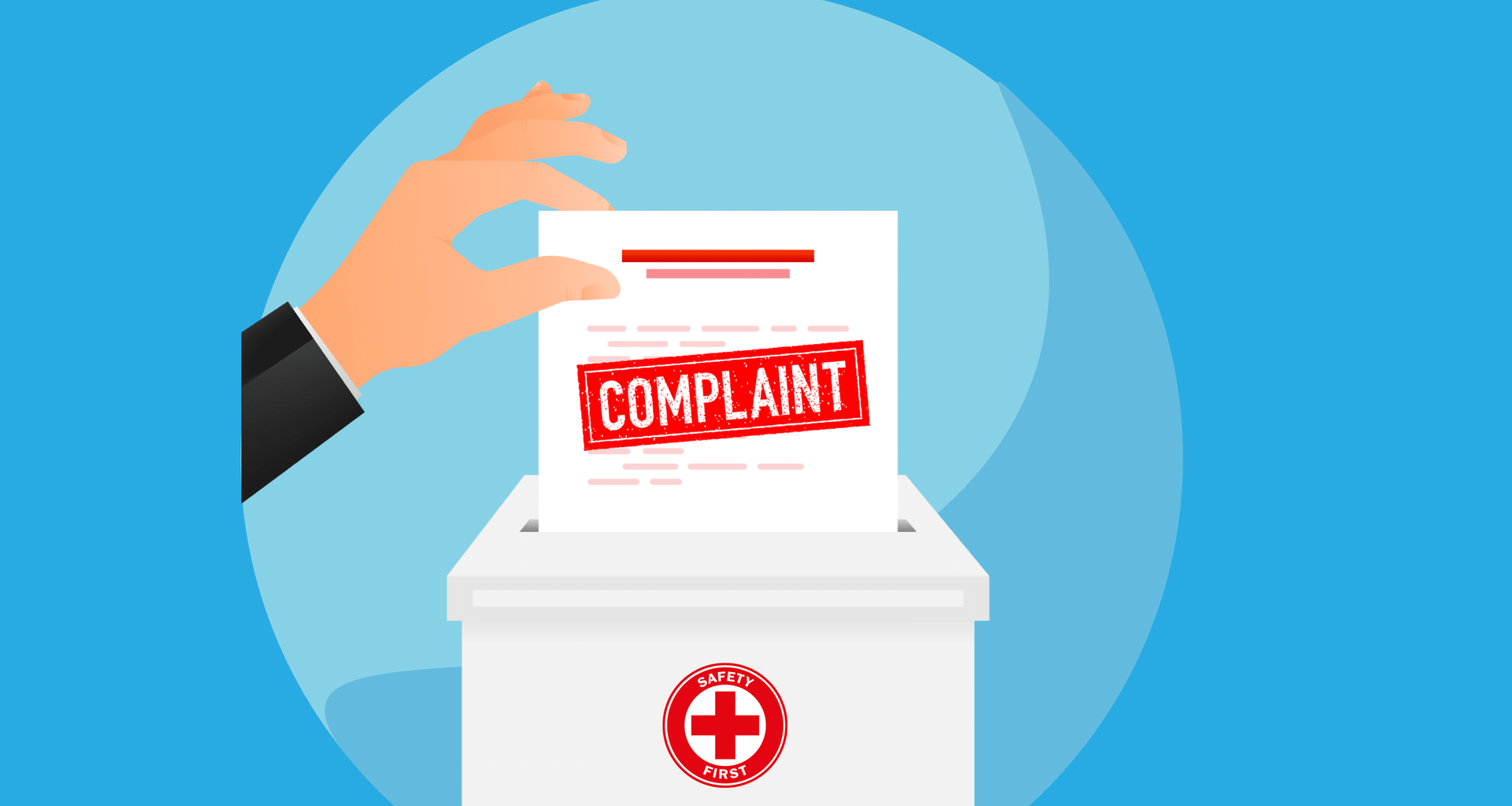By Kelli Ngariki
•
September 3, 2025
Delays in receiving medical records are one of the most common frustrations we hear about from healthcare offices. Whether you’re waiting on x-rays, patient histories, or treatment notes, it can feel like a simple request is suddenly wrapped in red tape. With a clear understanding of HIPAA regulations, a collaborative approach, and a steady focus on quality patient care, your clinic can reduce friction, improve communication with other offices, and navigate records-related delays with greater confidence and clarity. To make this process even easier, we’ve created a set of ready-to-use Records Request Email Templates for healthcare offices . These templates were designed to help you communicate clearly, avoid delays, and stay HIPAA- and state-compliant. Download the Records Request Email Templates A Common Scenario: When Policy Becomes a Barrier A dental office submits a request to another provider for a patient’s records, which are needed before a scheduled procedure. The other office replies that the request must be submitted through their specific online portal — and once submitted, it may take up to 30 business days to process. No confirmation is provided, and no status update is available. The patient is growing anxious, the procedure must be rescheduled, and the receiving office is left feeling frustrated and powerless. This situation doesn’t reflect a bad actor. It reflects a inefficient process, often due to: Understaffed administrative teams Lack of understanding about the HIPAA rules Overreliance on policy templates Outdated systems for records handling The good news? There are realistic, professional steps you can take to move things forward — and avoid unnecessary conflict. What the Law Says About Records Release HIPAA Right of Access Under the federal HIPAA Privacy Rule: Patients have the right to access their records. Records must be provided within 30 calendar days (with an optional 30-day extension if justified in writing). Providers may require a written request but cannot create unreasonable delays or barriers. Full guidance: HIPAA Right of Access – HHS.gov Oregon Rule (Dental): Oregon dental providers must provide records, including x-rays, within 14 days of a written request from the patient or their guardian. Refer to OAR 818-012-0030(9)(a) for direct language. Internal policies should support timely care, rather than hindering it. Records Release Toolkit These steps are designed to support your office in responding effectively, lawfully, and professionally when facing delays in receiving patient records. Clarify and Confirm Ensure the records request was received. Ask if additional documentation or formats are preferred (fax, secure email, form submission). Offer to resend or adjust the request to their stated process, so long as it does not impose unreasonable delays. Connect with the Right Person If initial communication isn’t productive, request to speak with a supervisor or office manager. Approach the conversation with the goal of: Understanding their process Building a cooperative relationship Identifying a smoother path forward for both offices Sample language: “We’d like to make this process easier for everyone involved. Who is the best person to speak with about streamlining this request and ensuring the patient receives timely care?” Provide Educational Context If helpful, you may share federal guidance or state law — not as a threat, but as context: “We understand your office has internal policies, but understand that under HIPAA and Oregon law, patient records must be released within specific timelines, and processes cannot create unreasonable delays. We’re happy to collaborate in a way that works for both offices and puts the patient’s needs first.” Empower the Patient Patients often get faster responses. Encourage them to: Submit their own written request Note the urgency for treatment Request an estimated date of release Reference their right to access under HIPAA You can also provide the patient with a link to HHS’s Right of Access page for more information. When It Might Be Information Blocking The 21st Century Cures Act prohibits covered entities from interfering with access to or use of electronic health information. While most delays are not intentional, consistent or unexplained refusals to share records may fall under the category of information blocking . To learn more: Information Blocking FAQ – HealthIT.gov Report a Complaint – OCR Use this step when education and collaboration have failed, and there’s clear harm being done to the patient’s ability to receive care. Focus on Collaboration, Not Conflict Delays in care can be deeply frustrating, especially when you’re doing everything right. Still, it’s important to remember that many offices are working with limited resources, under pressure, and with outdated systems. Most delays are not acts of harm — they are opportunities for system improvement and clearer communication. By staying professional, knowledgeable in law, and focused on the patient, your office can be a model for collaborative, compassionate compliance. Need Support? If you need help navigating a difficult records release situation, reach out anytime at: Phone: (541) 345-3875 Email: Support@OshaHipaaTraining.com And if you want to save time and take the guesswork out of your records requests, grab our free Records Request Email Template Pack — including the initial request, follow-up, and escalation messages. Get your templates here!













